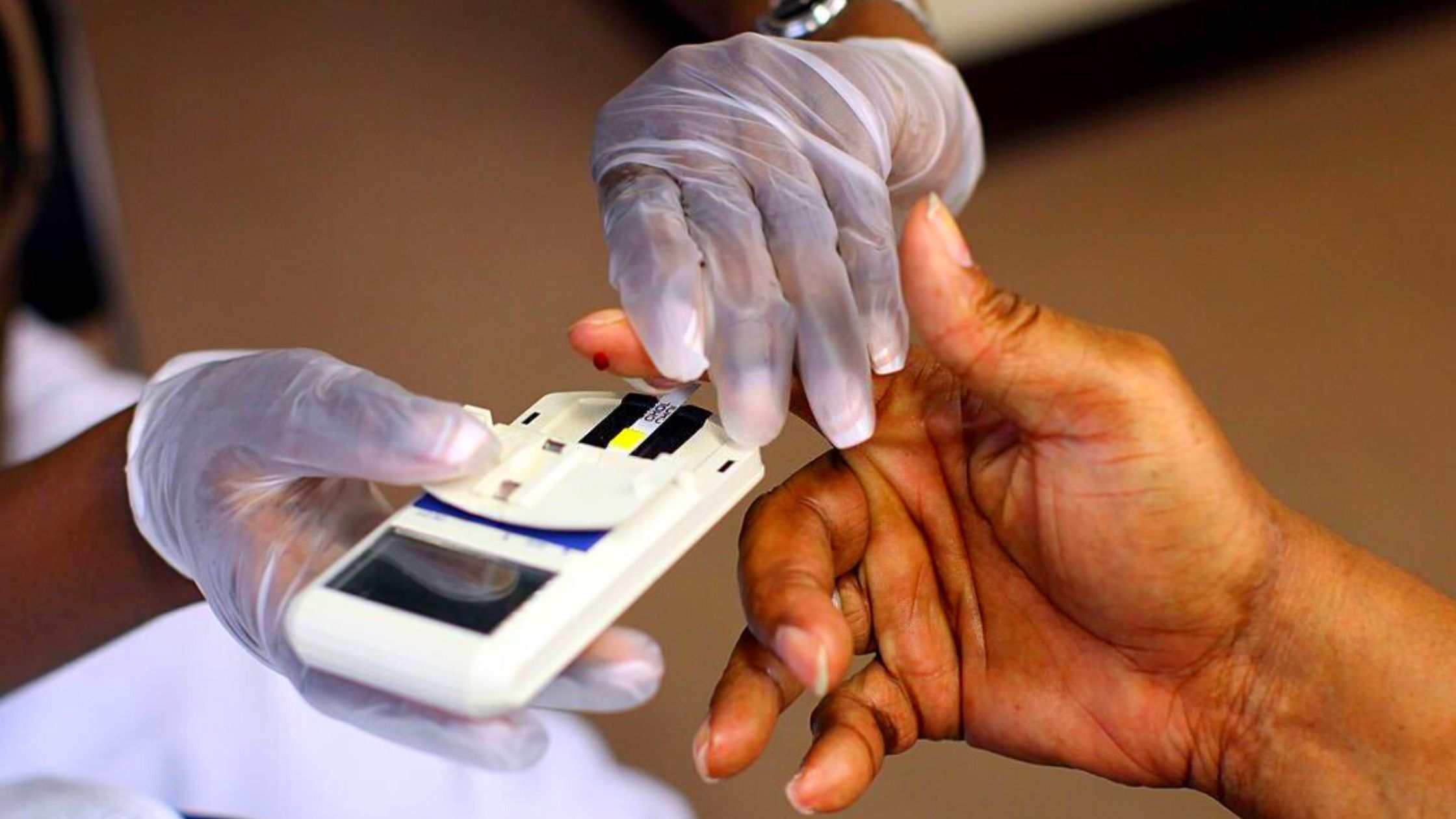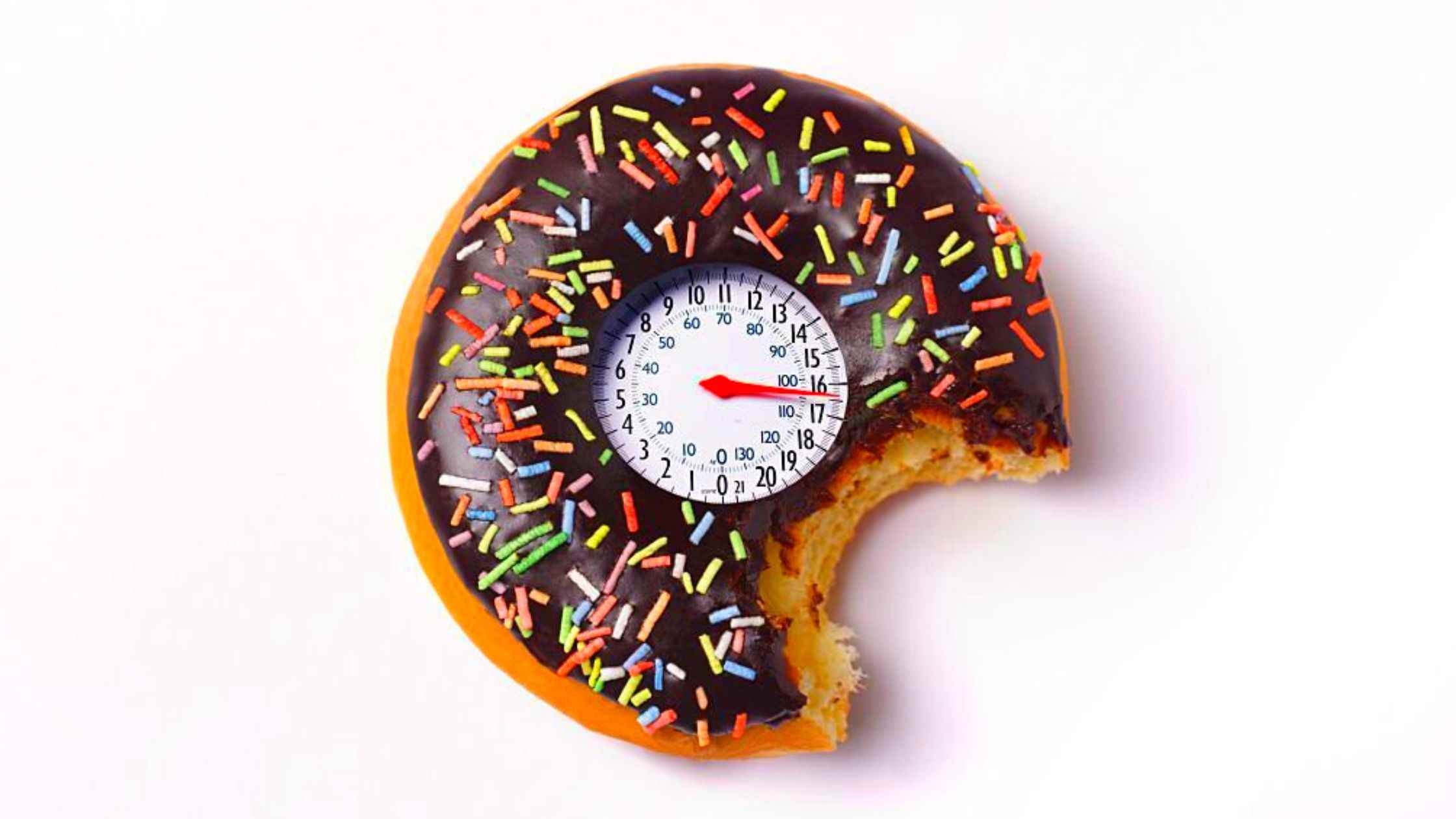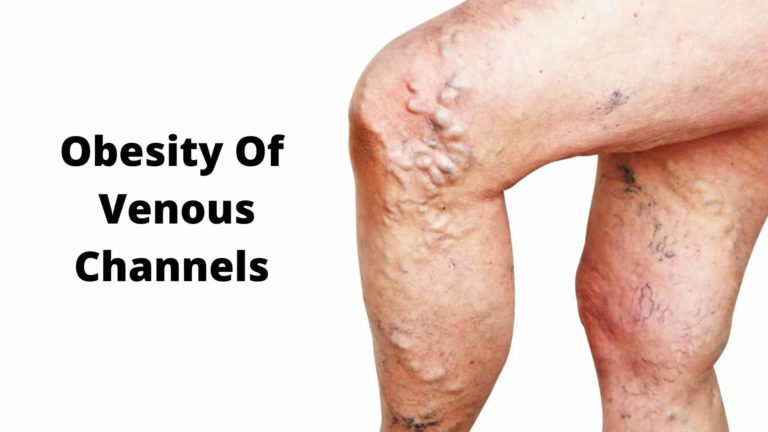High Cholesterol Level, Its Causes, And Symptoms – A Quick Guide!

In general, cholesterol is a waxy substance that’s found in all the cells of your body. All cholesterol is not bad. Your body needs some cholesterol at a certain level to make hormones, vitamin D, and substances that help to digest food. Your body normally produces adequate cholesterol for the smooth functioning of the body. It is essential for good health. Cholesterol can be found in foods from animal sources, such as eggs, yolks, meat, and cheese.
Mainly cholesterol is of two types. It travels through the blood on proteins. It is called “lipoproteins”. Low-density lipoprotein cholesterol and High-density lipoprotein.
- HDL(High-density lipoprotein)– is also known as “good” cholesterol. It carries cholesterol from other parts of your body and back to your liver. The liver removes this from your body.
- LDL( Low deficiency lipoprotein)– is also known as “ bad cholesterol”. It carries cholesterol from the liver to the body. The higher level of LDL cholesterol can form deposits in the walls of coronary arteries and other arteries throughout the body. Such deposits may cause narrow arteries and limit blood flow. Because of this, it is also referred to as bad, or harmful cholesterol.
What Is High Cholesterol?
It is a condition of increasing levels of a fatty substance called cholesterol in your blood. It is mainly caused by unhealthy lifestyles like eating fatty food, lack of proper exercise, being overweight, smoking, and excessive consumption of alcohol. When you have a high level of cholesterol, it may lead to a high risk of having a heart attack. Like cholesterol, diabetes is also a factor in developing heart disease.

What Causes Your Cholesterol Level High?
As discussed earlier, unhealthy food habits and lifestyle are the reason for high cholesterol. Saturated fats and trans fat may increase the risk of developing high cholesterol. Obesity also increases risk. Other lifestyle factors that affect high cholesterol include smoking and lack of exercise. Genetics also affect the chances of developing high cholesterol. Gene is the basic physical and functional unit that determines heredity. It is passed down from parents to children. Certain genes instruct the body on how to process cholesterol and fats. If your parents have high cholesterol, there is a chance of high-level cholesterol in your body.
In certain cases, it is also caused by familial hypercholesterolemia. People who have familial hypercholesterolemia will generally have higher cholesterol levels and heart disease at a much younger age. According to the National Human Genome Research Institute, most adults who have this condition contain a total cholesterol level above 300 milligrams per deciliter and LDL levels above 200 milligrams per deciliter.
In addition, diabetes and hypothyroidism may also increase high-level cholesterol.
Let’s look at each factor that causes high-level cholesterol in the body:
- Unhealthy Diet
Foods that contain saturated fat and trans fat can raise the cholesterol level in the body. Saturated fats are found in butter, cream, ghee, regular fat milk, cheese, and fatty cuts of beef. Trans fat is found in snacks.

- Obesity
Obesity is considered one of the risk factors. A person who has obese also faces high levels of bad cholesterol. This increases the chance of heart-related health problems like attack and stroke.
- Smoking
As the disclaimer says, smoking is injurious to health. It reduces the good cholesterol in your blood and it damages the inner lining of the arteries. The fat gets stuck in the blood vessels. This can increase hypertension and affect your health harmfully.
- Diabetes
Having diabetes may affect a high level of cholesterol in the body. Diabetes increases Low deficiency lipoprotein and decreases High-density lipoprotein cholesterol.
- Alcohol Consumption
Alcohol consumption raises the triglycerides and cholesterol in your blood. If triglycerides increase to a high level, they can build up in the liver and gradually cause fatty liver disease.
Ideal Cholesterol Level
Normal blood cholesterol levels should be less than 200, but they may vary depending on your HDL and LDL levels. LDL cholesterol level is less than 130 considered to be best. If it is above 160 mg/dl, it is considered high. The ideal HDL cholesterol level should be 60 or more to reduce the risk of heart disease. Less than 150 milligrams per deciliter of triglycerides is considered best.
Symptoms Of High Cholesterol
There are no symptoms to identify this. The blood test is the only way to identify the condition. According to the National Heart, Lung, and blood institute (NHLBI), a person’s first cholesterol test should occur between the ages of 9 and 11. The screening should be repeated every five years. In specific, the NHLBI proposes that cholesterol tests occur every one to two years for men ages 45 to 65 and for women ages 55 to 65. People above 65 should receive cholesterol tests annually.

The symptoms like heart attack, brain stroke, and chest pain may give some hints about the high cholesterol level. But physicians suggest taking a blood test at regular intervals is the best way to detect if you have it.
It is also very easy to identify with a blood test. A doctor will take the blood sample and send the sample for analysis. The test should be taken on an empty stomach.
How To Lower Cholesterol?
If you have high cholesterol, consult a doctor as soon as possible and follow a healthy lifestyle and the medicines prescribed by your physician. The doctor may give you some alternatives to your daily routine like changes to your diet, exercise habits, and other aspects of your lifestyle.
Proper medication and other treatments will help to lower your cholesterol levels. In some cases, your doctors may refer you to a specialist for better treatment and care.
It is vital to make good lifestyle choices to avoid diseases. Follow a healthy diet by including the best ingredients in every meal, maintain an exercise routine, and regularly check your cholesterol levels. Ensure a healthy life.





